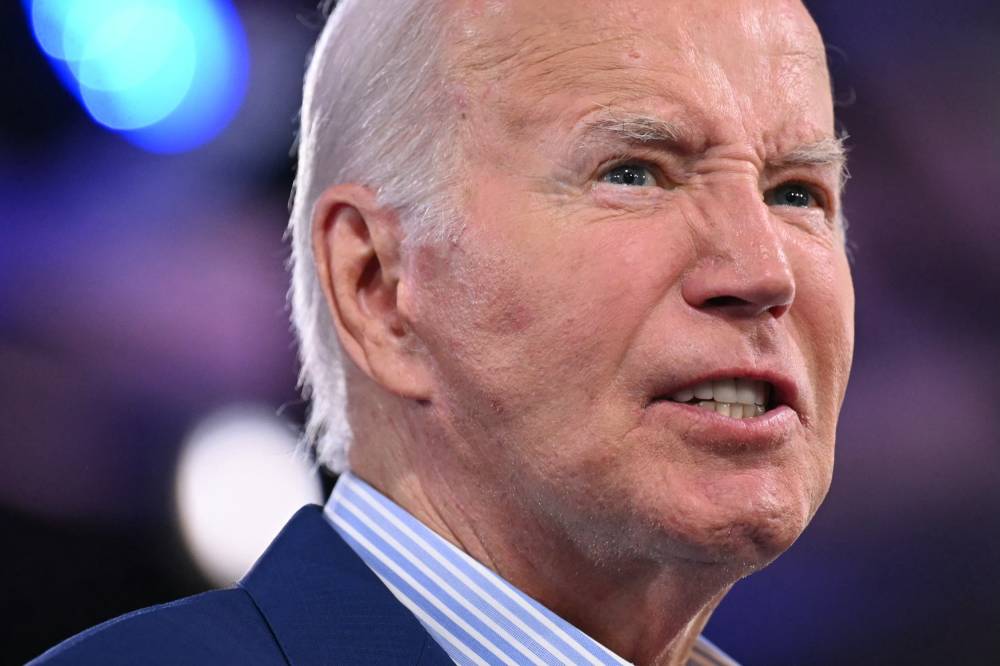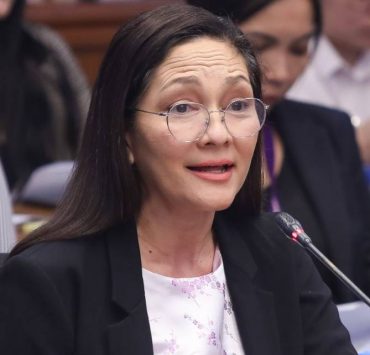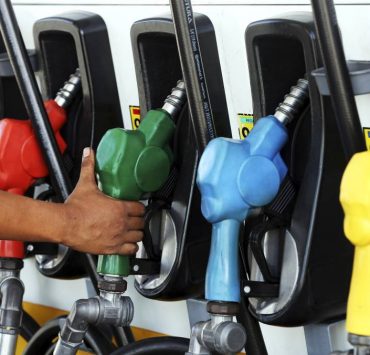
RALEIGH, North Carolina —President Joe Biden said on Friday he intended to defeat Republican rival Donald Trump in the November presidential election, giving no sign he would consider dropping out of the race after a feeble debate performance that dismayed fellow Democrats.
“I know I’m not a young man, to state the obvious,” an ebullient Biden said at a rally one day after the head-to-head showdown with his Republican rival, which was widely viewed as a defeat for the 81-year-old president.
“I don’t walk as easy as I used to, I don’t speak as smoothly as I used to, I don’t debate as well as I used to,” he said. “[But] I would not be running again if I didn’t believe with all my heart and soul that I could do this job. The stakes are too high.”
Biden’s verbal stumbles and occasionally meandering responses in the debate heightened voter concerns that he might not be fit to serve another four years and prompted some of his fellow Democrats to wonder whether they could replace him as their candidate for the Nov. 5 election.
Campaign spokesperson Michael Tyler said there were no conversations taking place about that possibility. “We’d rather have one bad night than a candidate with a bad vision for where he wants to take the country,” Tyler said.

Fundraising, viewership
The campaign on Friday afternoon held an “all hands on deck” meeting to reassure staffers that Biden was not dropping out of the race, according to two people familiar with that gathering.
Though Trump, 78, put forward a series of falsehoods throughout the debate, the focus afterward was squarely on Biden, especially among Democrats.
Hakeem Jeffries, the Democratic Party leader in the House of Representatives, avoided answering directly when asked whether he still had faith in Biden’s candidacy.
“I support the ticket. I support the Senate Democratic majority. We’re going to do everything possible to take back the House in November,” he told reporters.
Several of the party’s most senior figures, including former Presidents Bill Clinton and Barack Obama, said they were sticking with Biden.
“Bad debate nights happen. Trust me, I know. But this election is still a choice between someone who has fought for ordinary folks his entire life and somebody who only cares about himself,” Obama wrote on X.
According to the Biden campaign, it raised $14 million on Thursday and Friday, and posted its single best hour of fundraising immediately after the Thursday night debate. The Trump campaign said it raised $8 million that night.
One possible bright spot for the US president: preliminary viewership data showed that only 48 million Americans watched the debate, far short of the 73 million who watched the candidates’ last face-off in 2020.
NYT editorial
Biden, the oldest American president in history, faced only token opposition during the party’s months-long nominating contest, and he has secured enough support to guarantee his spot as the Democratic nominee.
But his shaky performance in the debate drew stunned global reactions on Friday, prompting public calls for him to step aside and likely leaving some of Washington’s closest allies steeling for Trump’s return.
America’s most influential newspaper, The New York Times (NYT), called in an editorial Friday for Biden to step aside and allow another Democrat to challenge Trump.
Describing the US president as “the shadow of a great public servant,” the newspaper’s editorial board—which is separate from its newsroom—said Thursday’s debate proved that he “failed his own test.”
Biden’s determination to run again is a “reckless gamble,” the Times said, adding that “the greatest public service Mr. Biden can now perform is to announce that he will not continue to run for reelection.”
If Biden were to step aside, the party would have less than two months to pick another nominee at its national convention, which starts on Aug. 19—a potentially messy process that could pit Kamala Harris, the nation’s first Black female vice president, against governors and other officeholders whose names have been floated as possible replacements.
High-risk U turn
Such a high-risk political U-turn would be unprecedented in modern American election history.
To designate a formal nominee, delegates from all 50 states attend their party’s summer nominating convention to officially anoint a candidate based on primary voting.
If Biden—who overwhelmingly won the primary votes—exits, this would mean bringing US politics back to the old days, when party bosses jostled to pick a nominee through deal-making in smoke-filled back rooms and endless rounds of voting.
On March 31, 1968, President Lyndon Johnson made the shock announcement in the middle of the Vietnam War that he would not seek reelection.
The move turned that year’s convention into a political crisis—with protesters in the street and left-leaning delegates angry at the pro-war stance of the party-picked candidate, Hubert Humphrey.
Following that debacle, states more widely embraced the primary process and conventions have become well-oiled affairs, whose outcomes have been known in advance since they are determined by the primaries.
If a candidate must step down after being officially nominated at the convention, a party’s formal governing body, either the Democratic National Committee or Republican National Committee, would nominate a new candidate in an extraordinary session.
Other choices
A natural—but not automatic—pick to take Biden’s place would be his running mate on the 2020 ticket, Harris.
Sent in Thursday night to put out the fire after the president’s lackluster performance, the 59-year-old conceded Biden had been “slow to start” the debate but had “finished strong.”
Otherwise, any of a number of strong Democratic politicians—Governors Gavin Newsom of California, Gretchen Whitmer of Michigan and Josh Shapiro of Pennsylvania are mentioned—might be called on.
The Democrats have so far circled the wagons around their designated nominee, at least when speaking on the record.
Reuters, the news and media division of Thomson Reuters, is the world’s largest multimedia news provider, reaching billions of people worldwide every day. Reuters provides business, financial, national and international news to professionals via desktop terminals, the world's media organizations, industry events and directly to consumers.
AFP is one of the world's three major news agencies, and the only European one. Its mission is to provide rapid, comprehensive, impartial and verified coverage of the news and issues that shape our daily lives.

















